
Six tips to explore the European Capital of Culture 2018
The capital of the European Union – Brussels – remains unchanged. But the heart of the European culture is as mobile as young Europeans and changes place every single year.
The European Capital of Culture is a city designated by the European Union for one year playing host to a series of cultural events with a strong pan-European dimension.
The idea of a moving Capital of Culture dates back to 1985 when the Greek and French Ministers of Culture at the time wanted to highlight diversity in cultural heritage and raise awareness about our common European history, culture and values. Therefore, the European Capital of Culture is aimed at promoting and preserving the cultural attributes of unique places across the European continent.
One of the capitals of 2018, the city of Valletta, lies on the southeast edge of Europe – a Mediterranean island located between Italy and the African continent. Although capitals of culture are usually single cities, in the case of Malta, which is often regarded as a city-state, the cultural events take place on the entire territory of the country.
Malta, along with its national language, Maltese, is a perfect example of a place influenced by different cultures and languages: Arabic, Italian, Sicilian, French and English. If you want to say good morning in Maltese, you say bonwa (French bonsoir). Skola (Sicilian scola) means school whilst bebbuxu (Arabic bəbboušu) means snail and friġġ…is just a fridge.
The country has it all: Megalithic Temples which have been claimed as the oldest free standing structures on Earth, built between 3600 BC and 700 BC, English schools filled with students from across the world with a common goal to gain fluency in the XXI century lingua franca, interesting museums and a tasty cuisine. This year, Malta has even more to offer with a cultural agenda enriched by a series of events, concerts, theatre performances and exhibitions, which you can explore at: www.valletta2018.org/events/.
Since 2017, Ukrainians enjoy visa-free travel to the EU. Why not visit Malta in 2018? Are you a student? There are ways to make it very cheap!
- Fly from Poland. Flights from Katowice, Warsaw (WizzAir) and Gdańsk, Kraków, Poznań and Wrocław (Ryanair) start at 45 euros return. Buy them around 4-6 weeks before the flight and try to avoid weekends and high seasons, because that’s when prices are most expensive. Consider joining Wizz Discount Club to get discounts on WizzAir (from a 10 euro discount per flight to 5 euros for luggage) or ESN card for Ryanair (15% discount per flight, free luggage).
- Don’t go during the high season. Summers are very hot, full of tourists and more expensive. Malta is a great escape from the continental European winter, however during this time, the weather can be rainy with temperatures around 15-17 degrees. Consider May, October and November. The sea is already warmer and temperatures higher.
- Research accomodation. Check out hostels and Airbnb. You can find accomodation in nice locations for as little as 7 euros a night.
- Eat pastizzi. Food can be incredibly cheap. I don’t recommend that you spend your whole trip eating pastizzi, but paying 30 cents for one and feeling full after eating three of them is very encouraging. It also has three main tastes: Ricotta, Ġbejna and Mushy peas. For a cheap lunch in the capital, try Submarine, very tasty and fresh sandwiches just in the center of the city.
- Take a bus. If you stay a week, the best choice would be buying Explore Bus Card. It costs 21 euro but offers unlimited travel for 7 days, so just for 3 euro a day you can go anywhere within the country.
- Make friends. Maltese people are very welcoming and, who knows, maybe they will show you places you’d never be able to discover on your own. 🙂
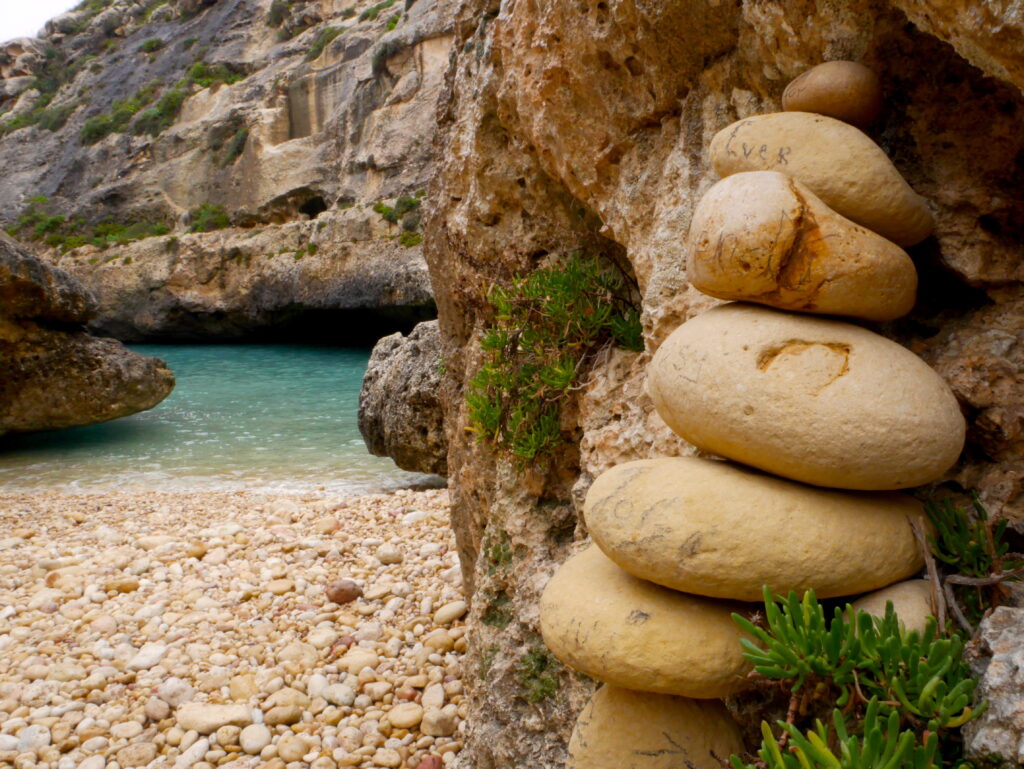 Six tips to explore the European Capital of Culture 2018
Six tips to explore the European Capital of Culture 2018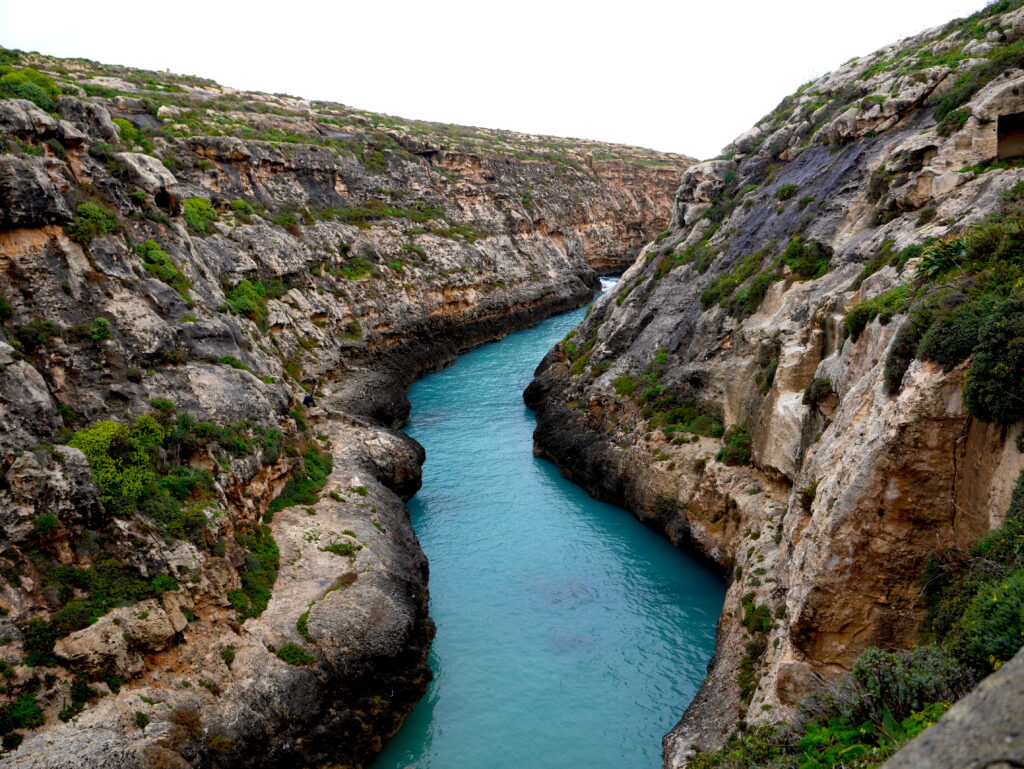 Six tips to explore the European Capital of Culture 2018
Six tips to explore the European Capital of Culture 2018
Read more:
“Top tips for travelling the EU on a budget” – blog post
“Travel as a part of personal development”- blog post
Magdalena Kortas is a Young European Ambassador. She holds an MSc in Economic Analytics with extensive international experience (over 25 training sessions, exchanges and projects in Europe and Caucasus, with over 41 countries visited altogether). She completed her higher education in three languages, in Poland and Spain, and is a former EU Careers Ambassador for Poland. She gained experience as a liaison officer in the Ministry of the Interior of Poland and in the Regional Centre for International Debate, and for four years has been an active member of European Student’s Forum AEGEE-Gdansk. She was named the “Young Leader 2017” by the Nizami Ganjavi International Center, which chooses the “most promising young leaders from around the world” and gives them the chance to take part in the prestigious Global Baku Forum in Azerbaijan. She is also a UNESCO photography contest winner.
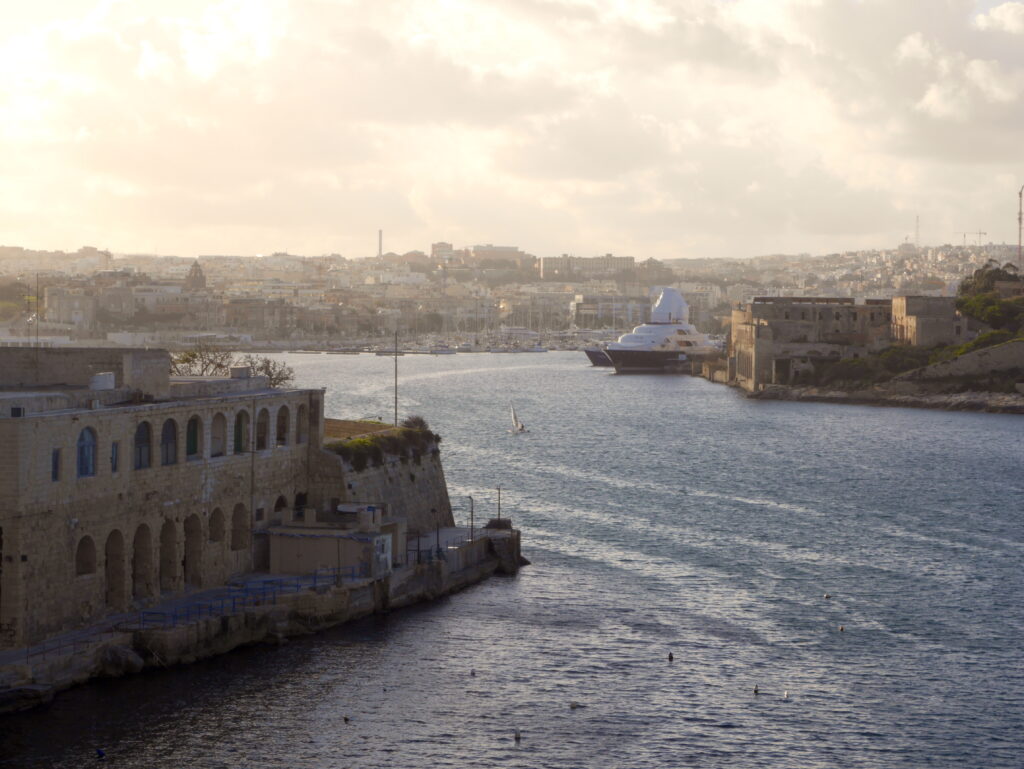 Six tips to explore the European Capital of Culture
Six tips to explore the European Capital of Culture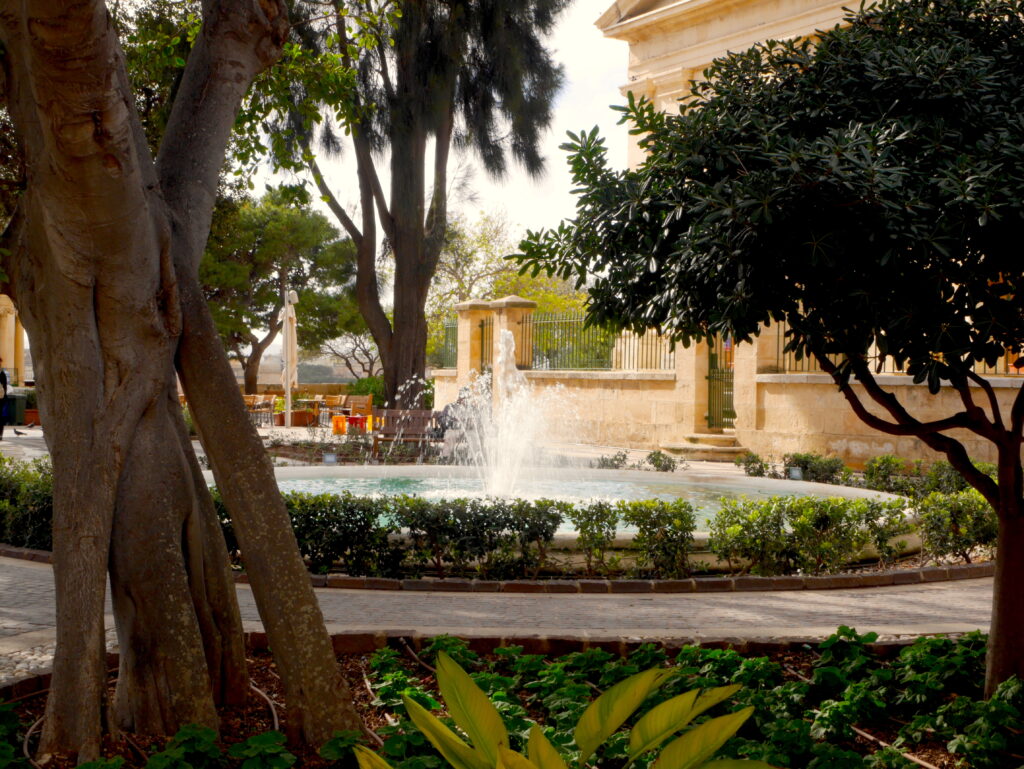 Six tips to explore the European Capital of Culture
Six tips to explore the European Capital of Culture
LATEST

Building Europe: Poland’s experience of joining the European Union and lessons for Ukraine

World Health Day 2024: My Health, My Right

EUREKA MEETS EUROPE – opportunities to develop and study. My experience

Can you wear pink in the workplace?
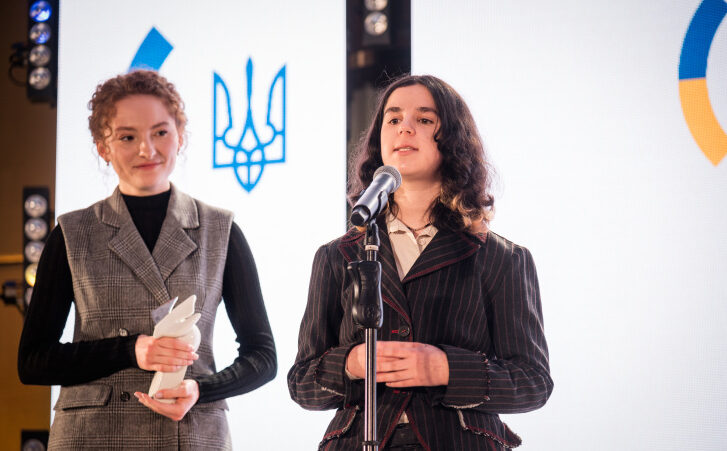
Go where your deepest fears lie: finding the courage to overcome gender barriers in STEM
More campaign pages:
Interested in the latest news and opportunities?
This website is managed by the EU-funded Regional Communication Programme for the Eastern Neighbourhood ('EU NEIGHBOURS east’), which complements and supports the communication of the Delegations of the European Union in the Eastern partner countries, and works under the guidance of the European Commission’s Directorate-General for Neighbourhood Policy and Enlargement Negotiations, and the European External Action Service. EU NEIGHBOURS east is implemented by a GOPA PACE-led consortium. It is part of the larger Neighbourhood Communication Programme (2020-2024) for the EU's Eastern and Southern Neighbourhood, which also includes 'EU NEIGHBOURS south’ project that runs the EU Neighbours portal.

The information on this site is subject to a Disclaimer and Protection of personal data. © European Union,